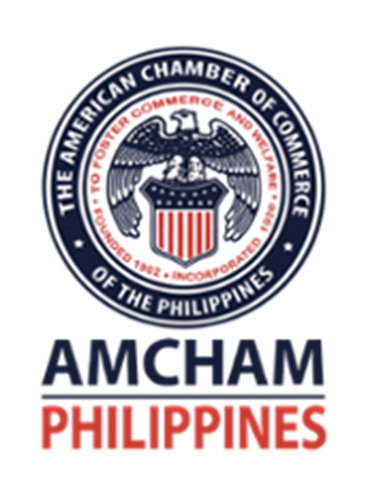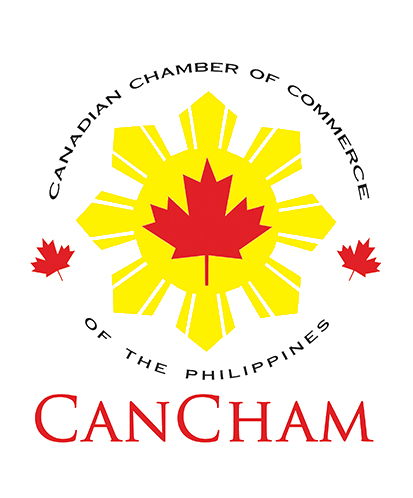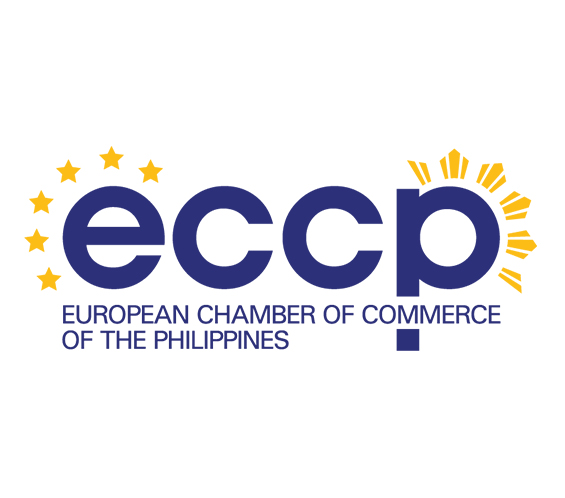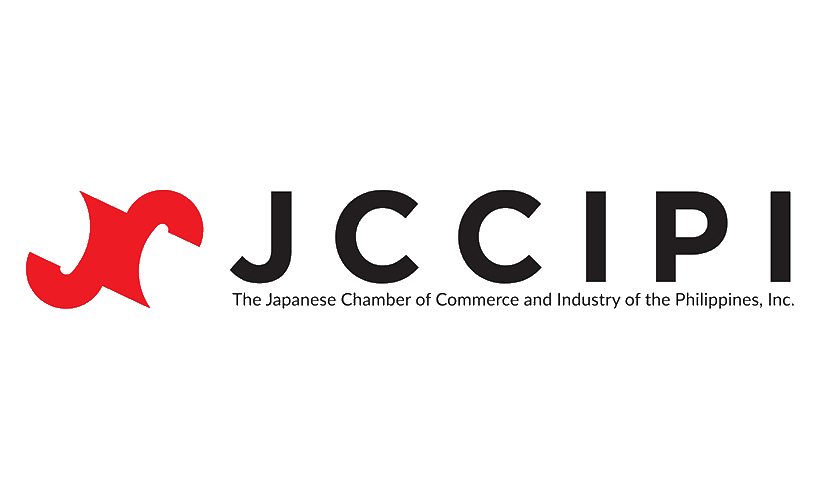Tax cut pushed despite Palace rejection
September 17, 2015 at 11:16
Tax cut pushed despite Palace rejection
By Melissa Luz T. Lopez, Reporter
IN A RARE ALIGNMENT of business and labor, the umbrella group of foreign business chambers in the country and the Trade Union Congress of the Philippines (TUCP)-Nagkaisa wing yesterday called anew for a reduction in income tax rates — a day after President Benigno S.C. Aquino III himself signaled disapproval of such measure.
Saying this formed part of reform proposals under its Arangkada Philippines advocacy since late 2010, the Joint Foreign Chambers of the Philippines (JFC) said in a statement e-mailed to media yesterday that it supported “reducing personal and corporate income taxes in the Philippines, while raising taxes on consumption in order to maintain enhanced public sector revenue inflows.”
Congress has been working on proposals to trim income tax rates, with the House of Representatives seeking to adjust tax brackets to inflation and reduce their current seven tiers to four.
If approved, only individuals earning above P10 million a year will have to pay a full 32% tax rate, while corporations will pay 25% instead of the current 30%.
Current tax rates were last set in 1997.
The proposal on personal income tax alone had been estimated to cost the government at least P30 billion in forgone revenues in the first year of implementation.
Asked last Monday for his position on this proposal, Mr. Aquino had warned in Filipino that the resulting reduced revenues and corresponding “increased deficit” could be “a negative factor” when Philippine economic performance is reviewed by credit raters, which have bestowed investment grade on the country under his administration.
He added that raising the rates of value-added tax and of the excise tax on petroleum products will likely ripple through transportation, electricity and other sectors “and hit more those who can afford less.”
In its statement, JFC — which groups the American, Australian-New Zealand, Canadian, European, Japanese and Korean chambers as well as the Philippine Association of Multinational Regional Headquarters — said that “[c]ontrary to the view of some that reducing corporate and personal tax rates will decrease total revenues and lead to a deficit, the JFC believes reducing these rates will increase investment and trade with higher total revenues being realized from lower corporate and personal income taxes.”
In a separate statement e-mailed to media yesterday, TUCP-Nagkaisa criticized Mr. Aquino “for rejecting proposed bills designed to cut income tax that eventually increase purchasing power of workers amid rising costs of services and increasing prices of basic commodities.”
“We resent President Aquino’s outright rejection of proposed legislative measures aimed at reducing the very oppressive existing income tax,” the labor group said.
“We were expecting that the least he would do is to revise the figure into a compromise, if not, phased tax cut,” it added.
“But to rather shoot down the entire measure outright, President Aquino has permanently sealed further the fate of workers in the hopeless dungeon.”
Besides offsetting revenues to be foregone from lower income tax rates, the proposed higher oil excise tax imposition could even help address Metro Manila’s worsening traffic by making motorists think twice before using their cars, the JFC hinted.
“At $45/barrel, crude oil prices in the world market have drastically declined to one-third of the $145/barrel price at their peak in July 2008,” the group noted.
“Lower gasoline prices have encouraged car owners to drive more, aggravating traffic and adding to air pollution in Metro Manila and elsewhere in the country.”
COMPETITION INTENSIFYING
And then there is rising competition within the Association of Southeast Asian Nations (ASEAN) to think about, JFC added, noting: “There clearly is a pattern to reduce corporate and individual income tax rates in competing ASEAN economies to make their countries more competitive.”
“The Philippines should not fall behind the regional trend.”
This concern was shared by Guillermo M. Luz, private sector co-chairman of the National Competitiveness Council, who said in a text message yesterday: “We need to explore ways to reduce taxes (including corporate tax rates) AND increase tax compliance.”
“The reduced rates ensure we remain competitive with other rates in the region, while increased compliance will have the effect of generating greater revenue and creating fairness among taxpayers.”
The JFC also supported the call made by the Bureau of Internal Revenue to ease Republic Act No. 1405, or the Law on Secrecy of Bank Deposits, and make tax evasion a money laundering act.
The group clarified, however, that these amendments should not be made “precedent” to income tax reform approval.
Asked for his position on the income tax cut proposal, Finance Secretary Cesar V. Purisima took his standard line during a Senate hearing on his department’s proposed 2016 budget: “We’ve always said that we are open to holistic rather than a piecemeal approach to income tax reform.” — with inputs from Alden M. Monzon
Source: www.bworldonline.com




























